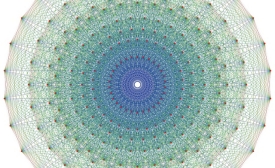pd theory

Public diplomacy and nation branding, both rather new, practice-oriented disciplines, suffer from the lack of theory that is needed to optimize either teaching or researching in either component subject. To address this gap, this project will introduce, for the first time, Fullerton’s “Model of Country Concept.”
Many may have heard of the terms individualism, which privileges the individual, and collectivism, which favors the collective or group. What they may not have heard about yet is relationalism, which privileges personal relations.
I recently returned from the annual Association for Education in Journalism and Mass Communication conference in Chicago where suddenly everyone’s talking about public diplomacy. Or at least, using the term. It calls to mind a favorite movie quote: “You keep using that word. I do not think it means what you think it means…”.
APDS Blogger: Tala Mohebi
What sort of creeping threat is posed by public diplomacy theorists? Is it a particular theory and or scholar that threatens the bedrock of practical pedagogy in public diplomacy?
Is it time to revisit the “theory question” in public diplomacy studies? There is much to be said about how the art of actually doing public diplomacy reflects a complex array of skills, experience, and personality. Understanding what goes into the practice of public diplomacy is an essential question for those preparing for a career in the public diplomacy sections of the State Department or other foreign ministries, as well as institutions that aspire to educate individuals for this kind of career.







